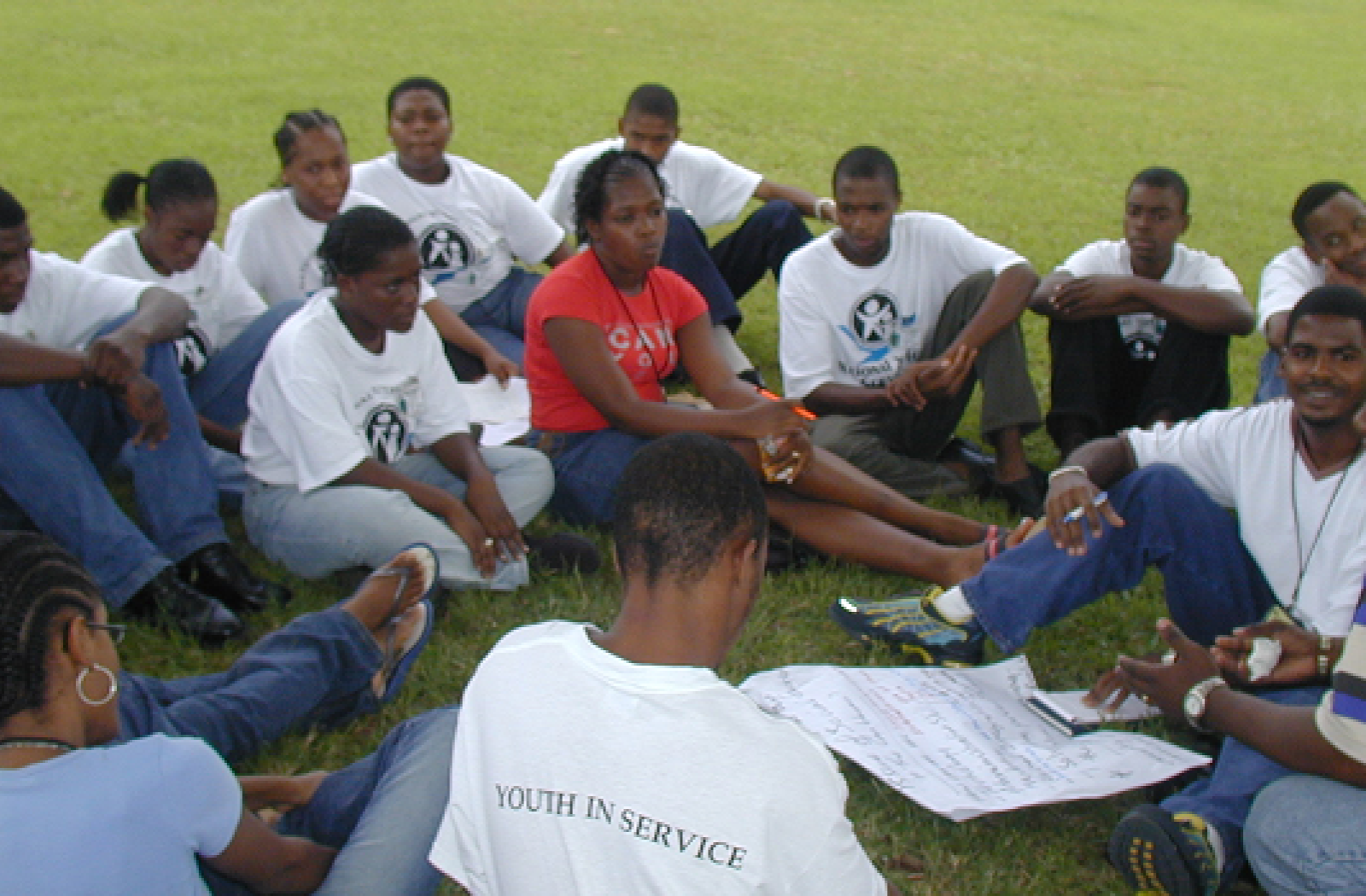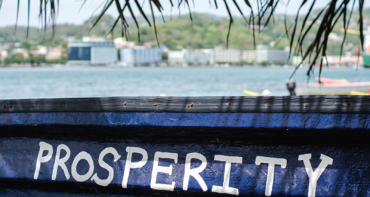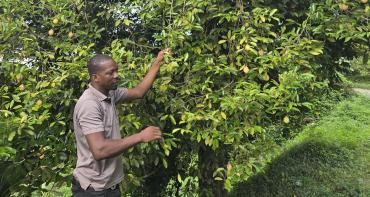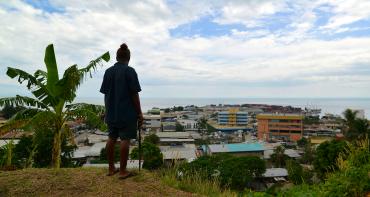Nearly two hundred frontline youth workers have boosted their skills and effectiveness with training from the Commonwealth Secretariat.

Nearly two hundred frontline youth workers have boosted their skills and effectiveness with training from the Commonwealth Secretariat.
Government youth departments and youth workers have praised the training programme, which will ultimately have huge benefits for young people facing challenges such as unemployment, conflict, climate crisis and the effects of the pandemic.
Leadership skills
Rolled out in The Bahamas, Grenada and the Cayman Islands, the training programme helped participants hone their leadership skills, analyse good practices and learn ways to help young people overcome challenges, including trauma. Participants from neighbouring Barbados, St Lucia and St Vincent and the Grenadines also attended the training programme.
The training provided youth workers - individuals responsible for providing support to young people through informal education - a platform to understand the relevance of their work in delivering the national youth policy of their countries.
In The Bahamas, youth workers described the training as “extremely impactful, timely and relevant”. One Bahamian participant said: “This training was very informative and provided useful information when dealing with youth violence and those that are troubled.”
Another participant said the “training highlighted the role of women” in conflict mitigation and violence prevention, and explained how female youth workers are critical in leading pro-peace talks with young people.
Those attending the training in the Cayman Islands also found the sessions to be effective in “kicking their leadership skills into higher gear”.
New opportunities
In Grenada, the “in-depth course hit very close to home” for youth workers, influencing the country to consider establishing an independent National Youth Workers’ Association.
A Grenadian participant said: “This training gave a sort of awakening, eye-opening and reality check in terms of some of the root problems and issues of negative behaviours of young people, and the ways and methods that can be used to deal with such [challenges].”
Eugene Poitier, permanent secretary of the Ministry of Youth in The Bahamas, encouraged youth workers to “embrace the new knowledge and opportunities” offered by the training programme.
He said: “Opportunities like these provide needed moments to refresh ourselves and learn new ways of being, ways that will allow us to re-emerge better, new pathways in leadership and management, new ideas on grief and trauma and new ways of thinking about peace, conflict resolution and mediation.”
Empowering youth
Layne Robinson, Head of Social Policy Development at the Secretariat, said: “Our mandate to empower, develop and protect our youth population has never been more important or urgent. The pressures facing young people in education, health and employment seem to be multiplying and intensifying.
“We value the role and contribution of youth workers and fully support the critical part they play in offering support to our young people. We are committed to working closely with member countries to ensure governments, youth workers and other stakeholders have the right tools, skills and competencies at this critical time.”
Continuing the training programme and knowledge-sharing culture, the Secretariat will hold a virtual meeting during the 2020 Commonwealth Youth Work Week, 2-6 November, in partnership with the UK’s National Youth Agency.
Under this year’s theme ‘Ambitious for Youth Work’, the meeting will involve all participants and facilitators to discuss targets for youth work and development for the next ten years.



